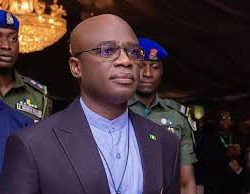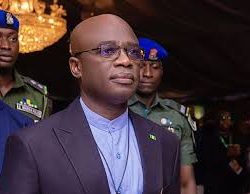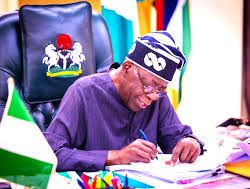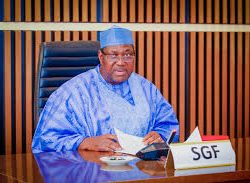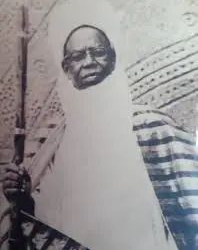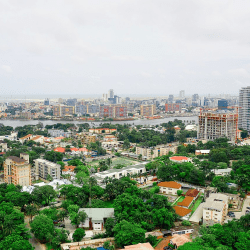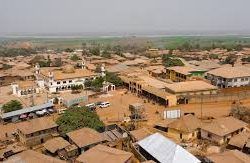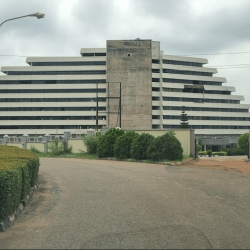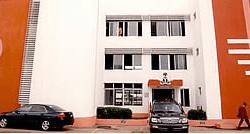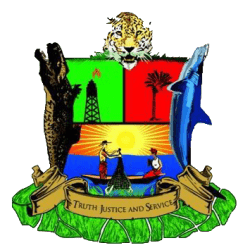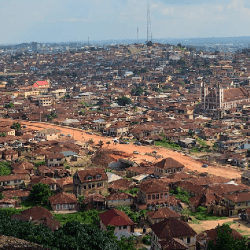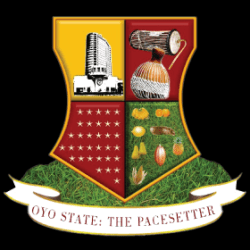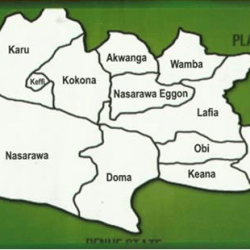Lagos State, located in southwestern Nigeria, is the smallest by land area but one of the most significant states in the country, serving as its commercial and financial hub. Historically, Lagos was a Yoruba settlement known as Eko before becoming a Portuguese trading post in the 15th century. The British colonized Lagos in 1861, making it a Crown Colony and using it as a major port for trade, especially in palm oil and other resources.
When Nigeria gained independence in 1960, Lagos was both the country’s capital and a major city. However, due to Lagos’s growing population and congestion, Nigeria’s capital was moved to Abuja in 1991. Despite this shift, Lagos remained highly influential and continued to grow, eventually emerging as the country’s largest city and a cultural center, with bustling markets, vibrant nightlife, and a rich blend of ethnic groups.
Lagos State itself was formally created on May 27, 1967, as part of a nationwide state-creation exercise under General Yakubu Gowon’s regime, which reorganized Nigeria’s regions into states to reduce ethnic tensions. Over the years, Lagos State has developed into an economic powerhouse, home to key financial institutions, the country’s busiest seaport, and many industries. Today, it’s renowned for its fast-paced lifestyle, innovation, and significant role in West African commerce.

